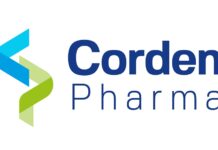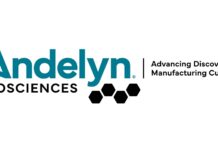British-Swedish drugmaker AstraZeneca has signed a memorandum of understanding (MoU) to provide drug discovery facilities for Cancer Research UK at its new MRC UK Centre for Lead Discovery in Cambridge.
As part of the five-year collaboration, researchers from Cancer Research UK will be provided access to two million molecules in AstraZeneca’s compound library.
Access will also be available to screening tools at the facility, located within its new site at the Cambridge Biomedical Campus.
Cancer Research UK translational research funding head Alexa Smith said: “Having access to AstraZeneca’s extensive compound library and innovative drug discovery technology will help our researchers quickly translate new discoveries into patient benefit.”
Advanced screening methods will be used to detect lead compounds within the compound library including fragment-based lead generation, under which small chemical fragments are screened against drug targets.
The collection of compounds being screened are useful for blocking kinase drug targets and phenotypic screens to identify active compounds within cells that could be the starting point for new drugs.
Screening scientists from both organisations will work alongside each other on up to five drug screens annually.
Cancer Research UK will select novel cancer drug discovery projects to investigate, while AstraZeneca will have the option to negotiate a commercial license with Cancer Research Technology, Cancer Research UK’s commercial arm, to progress promising candidates through further drug discovery and development.




















